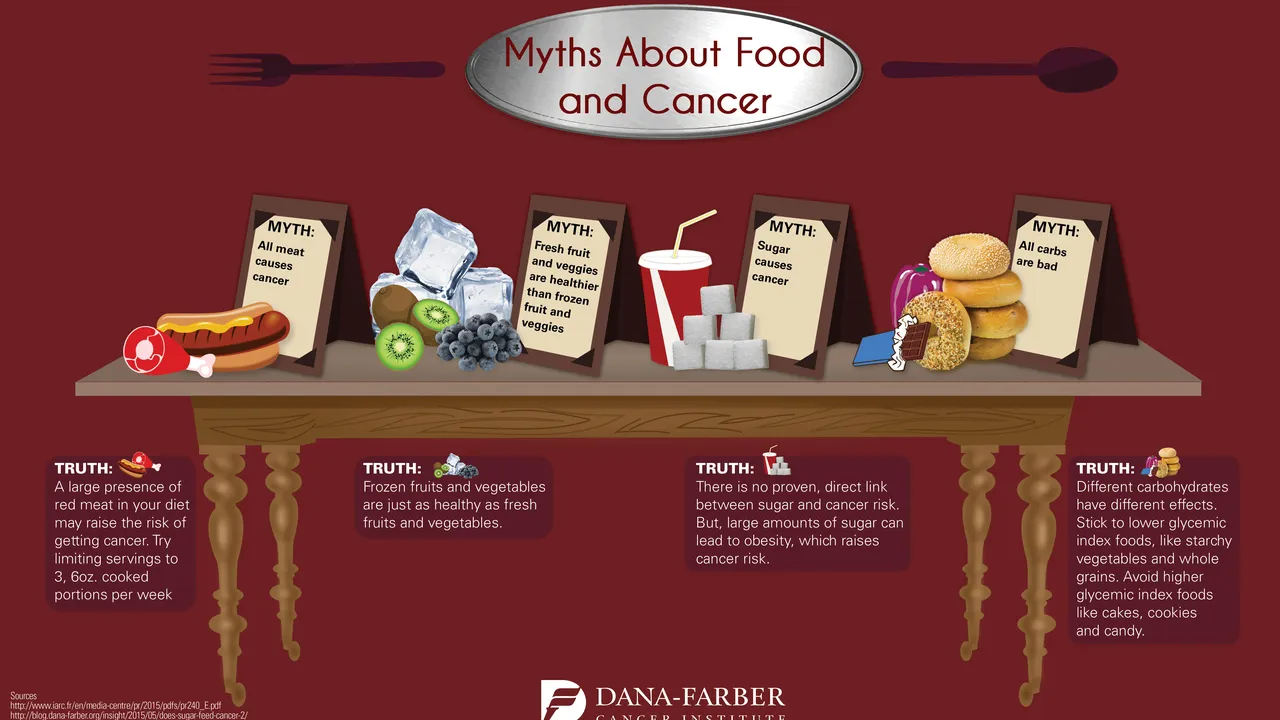Hydration for Athletes: How Much Water Do You Really Need?
Proper hydration is essential for athletic performance Find out how much water you really need based on your activity level and climate Stay hydrated and optimize your performance Avoid dehydration and its negative effects

Understanding the Importance of Hydration for Athletic Performance
Okay, let's talk hydration. You're hitting the gym, crushing those miles, or dominating on the field. But are you drinking enough water? Seriously, it's more important than you think. Water isn't just about quenching thirst; it's the lifeblood of your performance. It affects everything from your energy levels to your muscle function. Dehydration can lead to fatigue, muscle cramps, and even a drop in performance. So, before you even think about supplements or fancy gear, let's nail down the basics of hydration.
Calculating Your Baseline Daily Water Intake Needs for Athletes
Before we dive into the specifics of athletic hydration, let's figure out your baseline needs. A good starting point is the old "8 glasses a day" rule, but that's a pretty general guideline. A better approach is to calculate your needs based on your body weight. A common recommendation is to drink half an ounce to one ounce of water per pound of body weight per day. For example, if you weigh 150 pounds, you should aim for 75 to 150 ounces of water daily. Keep in mind that this is just a starting point. Factors like climate, activity level, and even your diet can affect your hydration needs.
Factors Affecting Hydration Needs Activity Level and Exercise Intensity
Now, let's crank things up a notch. If you're an athlete, your hydration needs are going to be significantly higher than the average person. During exercise, you lose fluids through sweat. The amount of sweat you lose depends on the intensity and duration of your workout, as well as the environmental conditions. High-intensity workouts, like HIIT or interval training, will cause you to sweat more than low-intensity activities like walking or yoga. Similarly, exercising in hot and humid weather will increase your sweat rate. To compensate for these losses, you need to drink more water before, during, and after exercise.
The Impact of Climate and Environmental Conditions on Athlete Hydration
Speaking of weather, let's talk about climate. Hot and humid conditions are notorious for causing dehydration. When it's hot, your body sweats to cool itself down. But when it's humid, the sweat doesn't evaporate as easily, making it harder for your body to regulate its temperature. This leads to even greater fluid losses. In cold weather, you might not feel as thirsty, but you're still losing fluids through respiration and sweat, especially if you're wearing layers of clothing. So, regardless of the climate, it's essential to stay vigilant about hydration.
Recognizing the Signs and Symptoms of Dehydration in Athletes
Alright, let's get practical. How do you know if you're dehydrated? Here are some common signs and symptoms to watch out for:
- Thirst (obviously!)
- Dry mouth and throat
- Headache
- Dizziness
- Fatigue
- Muscle cramps
- Dark urine
- Decreased urine output
Don't wait until you experience these symptoms to start hydrating. By then, you're already behind the curve. Pay attention to your body and drink water regularly throughout the day.
Pre-Workout Hydration Strategies Optimizing Fluid Intake Before Exercise
Pre-workout hydration is crucial for setting the stage for a successful workout. Aim to drink 16-20 ounces of water 2-3 hours before exercise. This will give your body enough time to absorb the fluids and get you properly hydrated. About 10-15 minutes before you start exercising, drink another 8-10 ounces of water. This will top off your fluid levels and help you stay hydrated throughout your workout. Avoid sugary drinks or excessive caffeine before exercise, as they can lead to dehydration.
Hydration During Exercise Maintaining Fluid Balance for Peak Performance
During exercise, aim to drink 4-8 ounces of water every 15-20 minutes. The exact amount will depend on your sweat rate and the intensity of your workout. If you're exercising for more than an hour, consider drinking a sports drink that contains electrolytes. Electrolytes, like sodium and potassium, are lost through sweat and are essential for muscle function and fluid balance. Sports drinks can help replenish these electrolytes and prevent muscle cramps.
Post-Workout Rehydration Replenishing Fluids and Electrolytes After Exercise
Post-workout rehydration is just as important as pre- and during-workout hydration. After exercise, aim to drink 16-24 ounces of water for every pound of weight you lost during the workout. You can determine your weight loss by weighing yourself before and after exercise. If you lost a significant amount of weight, consider drinking a sports drink to replenish electrolytes. Also, don't forget to eat a balanced meal that contains carbohydrates and protein to help your body recover.
Electrolyte Balance and Sports Drinks Sodium Potassium and Other Key Minerals for Athletes
Let's talk electrolytes. These are minerals that play a crucial role in fluid balance, muscle function, and nerve transmission. The main electrolytes lost through sweat are sodium, potassium, chloride, and magnesium. Sodium helps regulate fluid balance and prevent muscle cramps. Potassium is essential for muscle function and nerve transmission. Chloride helps maintain fluid balance and blood pressure. Magnesium is involved in muscle function, energy production, and bone health. Sports drinks can help replenish these electrolytes, but be mindful of the sugar content. Look for sports drinks that are low in sugar and contain a balanced blend of electrolytes.
The Role of Different Beverages Water Sports Drinks and Other Hydration Options for Athletes
Water is the foundation of hydration, but it's not the only option. Sports drinks can be beneficial during prolonged or high-intensity exercise, as they provide electrolytes and carbohydrates. Coconut water is a natural source of electrolytes and can be a refreshing alternative to sports drinks. However, it's important to note that coconut water may not contain enough sodium for heavy sweaters. Fruit juices can be a good source of hydration and nutrients, but they can also be high in sugar. Dilute fruit juices with water to reduce the sugar content. Avoid sugary sodas and excessive caffeine, as they can lead to dehydration.
Product Recommendations for Athlete Hydration Water Bottles Electrolyte Tablets and Sports Drinks
Okay, let's get down to specifics. Here are a few product recommendations to help you stay hydrated:
- Water Bottles:
- Hydro Flask: These insulated water bottles keep your water cold for hours. They're durable, BPA-free, and come in a variety of sizes and colors. Price: $30-$50.
- Nalgene: These classic water bottles are durable, leak-proof, and easy to clean. They're a great option for everyday use. Price: $10-$20.
- CamelBak: These hydration packs are perfect for long runs or hikes. They allow you to carry a large amount of water without having to hold a bottle. Price: $50-$100.
- Electrolyte Tablets:
- Nuun Sport: These electrolyte tablets are low in sugar and contain a balanced blend of electrolytes. They're a convenient way to replenish electrolytes during exercise. Price: $7-$10 per tube.
- Liquid I.V.: These electrolyte packets contain a high concentration of electrolytes and are designed to hydrate you quickly. They're a good option for severe dehydration. Price: $20-$25 per pack.
- SaltStick Caps: These electrolyte capsules provide a concentrated dose of electrolytes and are ideal for endurance athletes. Price: $20-$25 per bottle.
- Sports Drinks:
- Gatorade: This classic sports drink is a good source of electrolytes and carbohydrates. However, it can be high in sugar. Price: Varies.
- Powerade: Similar to Gatorade, Powerade provides electrolytes and carbohydrates. It also comes in a variety of flavors. Price: Varies.
- Skratch Labs: This sports drink is made with real fruit and contains a balanced blend of electrolytes and carbohydrates. It's a healthier alternative to traditional sports drinks. Price: Varies.
Comparing Different Hydration Products Features Benefits and Price Points for Athletes
So, how do you choose the right hydration products? Here's a quick comparison:
- Water Bottles: Consider the size, material, and insulation. Insulated bottles are great for keeping water cold, while durable bottles are ideal for outdoor activities.
- Electrolyte Tablets: Look for tablets that are low in sugar and contain a balanced blend of electrolytes. Consider the convenience of tablets versus powders or liquids.
- Sports Drinks: Choose sports drinks that are low in sugar and contain a balanced blend of electrolytes and carbohydrates. Consider the taste and ingredients.
Ultimately, the best hydration products are the ones that you enjoy and that help you stay hydrated.
Personalized Hydration Plans Tailoring Fluid Intake to Individual Needs and Goals
There's no one-size-fits-all approach to hydration. Your hydration needs will depend on your body weight, activity level, climate, and individual sweat rate. Experiment with different hydration strategies and find what works best for you. Pay attention to your body and drink water regularly throughout the day. And remember, staying hydrated is essential for peak performance and overall health.
:max_bytes(150000):strip_icc()/277019-baked-pork-chops-with-cream-of-mushroom-soup-DDMFS-beauty-4x3-BG-7505-5762b731cf30447d9cbbbbbf387beafa.jpg)






